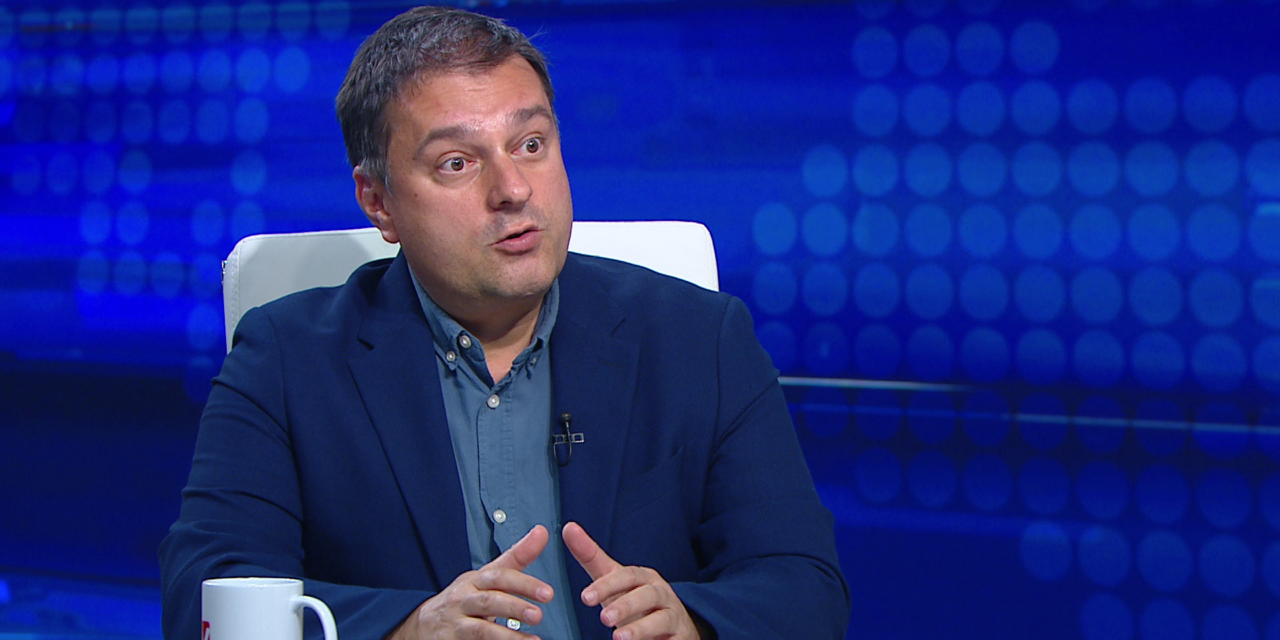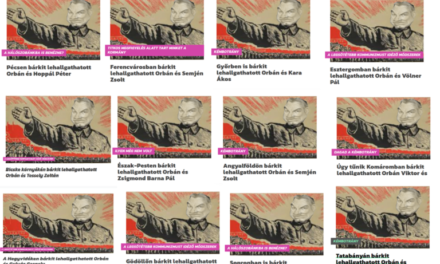On the left, the smaller parties try to assert themselves through the deals made with the larger ones, as well as through the media appearances of some of their better-known celebrities. A prime example of this is Párbeszéd, which practically without membership was able to form a parliamentary faction almost as large as DK or Momentum. According to the analyst interviewed by the Magyar Nemzet, media parties like the Christmas Party are pulling the trigger by trying to save real field work.
The fading of public interest in politics presents the parties with a number of challenges, so among other things, building up the right number of members is becoming more and more difficult. Although the size and importance of party membership have steadily decreased in recent decades, regardless of this trend, a certain level of membership is still essential to achieve and maintain adequate social integration. If some parties bypass the field work of membership building and try to assert themselves with (even purchased) media appearances, building a personality brand, and various background deals, then that strategy may bring modest success, but in the longer term it may contain more serious risks.
Zoltán Kiszelly, director of Századvég's political analysis center, explained to Magyar Nemzet: in recent decades, with the expansion of the budget framework of the parties, fewer and fewer tasks fell on the membership, so they could outsource many activities, such as putting up posters or organizing various events.
In addition, approximately ten thousand party members in Hungary are still necessary for effective operation, since each county needs at least five hundred to one thousand people who keep in constant contact with the people, said the analyst. According to his words, in the case of the so-called media parties without real social support, the membership is so low that they are unable to field candidates even in the 106 individual constituencies.
He mentioned Gergely Karácsony's Párbeszéd as a school example of this, which was only able to form a parliamentary faction by running on a joint list with the rainbow coalition of left-wing parties, and with various deals it was able to run some of its individual candidates in winnable Budapest districts.
It is about the phenomenon of "how much slap should I not give". If the Párbeszéd and similar dwarf parties are able to appeal to enough voters in the capital or in the big cities in the countryside, which would take two to three percent from the bigger ones, then the latter would rather come to terms with them. And if they start together, they can even increase their total support by one or two percent. Today, the other smaller formations of the increasingly fragmented left operate in this way, and even the LMP, MSZP and Jobbik can only have a representative group in the Parliament thanks to the deals made with the larger parties acting as launch vehicles - DK and Momentum explained the analyst.
Zoltán Kiszelly pointed out that being in favor of the media carries serious risks. He mentioned that as a serious weakness of these formations
instead of the party's brand, they build up the image of a politician, as the whole project can collapse like a house of cards as a result of a party split or the loss of credit of the given character.
Gergely Karácsony is surrounded by dozens of experts, and even left-wing media criticized this. The expert position typically serves as a springboard from which the paratrooper is eventually placed in a more important political position. This is how András Jámbor was able to obtain a parliamentary mandate as a candidate for the Dialogue, but Dávid Korányi, who brokered American funds for the left's campaign through the organization Action for Democracy, also acted as an adviser to Christmas for the first time - examples cited by Kiszelly.
Even according to generous estimates, the membership of Párbeszéd, which runs Christmas, amounts to a few hundred people at most. Only background deals are able to keep the mayor in power and put the "experts" who use him as a springboard into a position, such as András Jámbor, who won a parliamentary mandate as a candidate for Párbeszéd, or Dávid Korányi, who channeled American money to the left's campaign through the organization Action for Democracy.
Source and full article: Magyar Nemzet
Featured image: Hír TV












